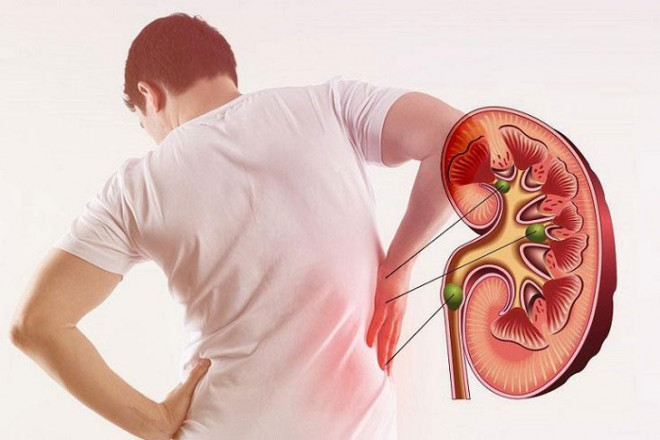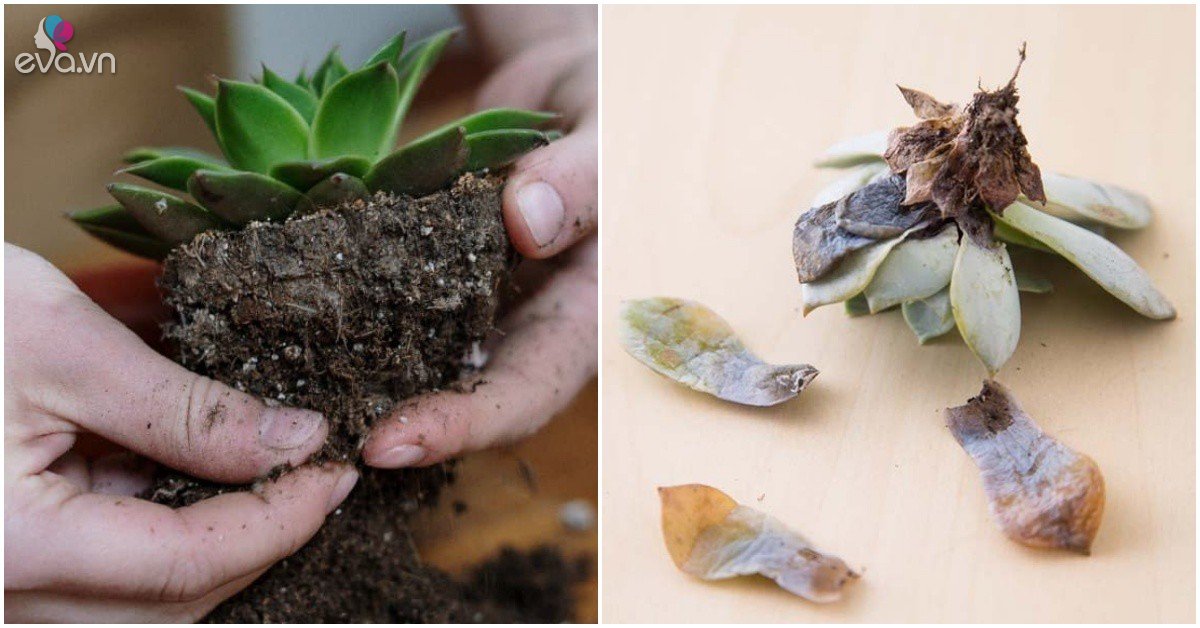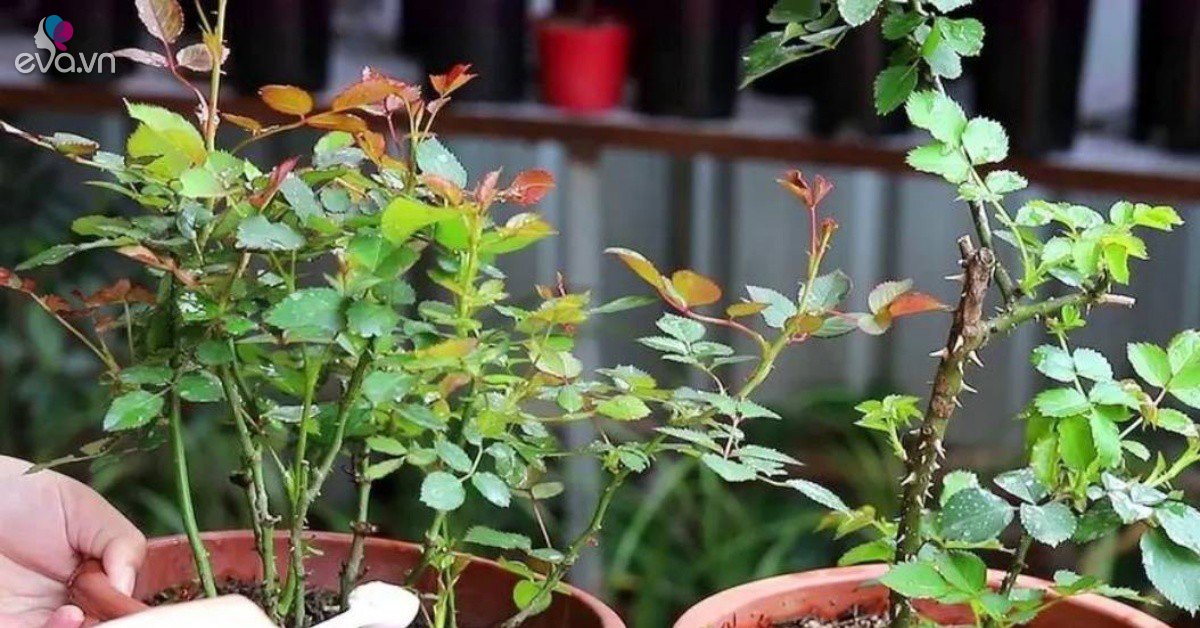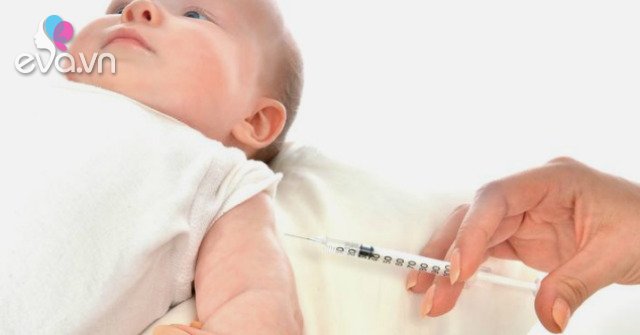Foods that should be eaten, should be avoided so that kidney disease does not get worse – Life Health
Diet has a direct effect on kidney function. Therefore, people with chronic kidney disease are often advised to avoid certain foods to stay healthy and prevent further damage to the kidneys.
1. The role of diet in kidney disease
In people with kidney disease, the kidneys are damaged and cannot filter the blood properly as it should. This can lead to a buildup of fluid and waste in the body, causing other health problems like heart disease and stroke.
People with chronic kidney disease often need to change their diet to avoid further kidney damage. A proper diet can help preserve kidney function and may help relieve some of the symptoms of kidney disease, such as fatigue, loss of appetite, urination problems, and kidney pain.
A kidney-healthy diet can also help provide energy, maintain a healthy weight, reduce infections, and prevent muscle mass loss.
Depending on the extent of kidney damage, your doctor may recommend different levels of dietary restrictions. Some people in the early stages of kidney disease may not need to make any changes to their diet.
However, when the kidney is damaged more severely, the patient needs to strictly follow his diet.
General principles to prevent kidney disease: need to drink enough water every day; follow a reasonable and balanced diet to avoid weight gain and excess cholesterol; limit the use of salt; do not smoke because smoking makes kidney disease progress faster; exercise every day; Do not take the medicine without your doctor’s instructions.
2. People with kidney disease should abstain from what?
People with kidney disease may need to change the amount of fluids and nutrients in their diet: sodium, potassium, phosphorus, and protein.
Eating the right amounts of these nutrients can help control fluid and waste buildup in the body, keeping the kidneys from working as hard to filter waste and excess fluid out of the blood.
The right diet can help preserve kidney function and reduce symptoms of the disease.
2.1. Limit foods high in salt
The amount of fluid in the body can affect the amount of sodium in the blood. In addition, the kidneys work to control the amount of sodium in the body. If the kidneys can’t do their job, fluid and sodium can build up in the body, causing health problems like: swelling, high blood pressure, shortness of breath, and heart problems.
Foods high in sodium include: canned or frozen foods, salt, soy sauce, barbecue sauces, steak sauces, salted snacks such as crackers, chips, processed meats or processed, cheese, bread, pickled vegetables…
So when shopping, choosing foods that are low in sodium or labeled “no added salt” is a good way to reduce salt in your diet.
In addition, it is also possible to limit salt by using herbal seasoning. However, care should be taken if the patient also needs to limit potassium, as some salt substitutes contain potassium.
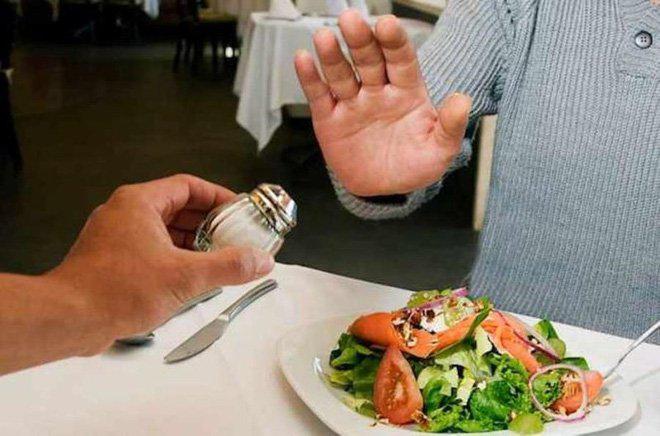
People with kidney disease should limit their salt intake.
2.2. Limit potassium absorption
Potassium is a mineral that helps coordinate muscle function, including the heart. Healthy kidneys regulate the amount of potassium in the body, so potassium can rise to dangerously high levels when the kidneys are damaged.
Symptoms of high potassium levels include: feeling weak, numbness or tingling, or an irregular heartbeat…
Potassium is found in a wide variety of foods, so it can be difficult to completely eliminate potassium from your diet. However, patients should limit foods rich in potassium which can help prevent the accumulation of potassium in the body.
Foods rich in potassium include: nuts, milk, yogurt, salt, salt substitutes, bran, chocolate, apricots, avocados, artichokes, dates, cantaloupe, kiwi, mangoes, pomegranates, melons , oranges, dried fruit, carrots, potatoes, bananas, tomatoes, spinach, beans…
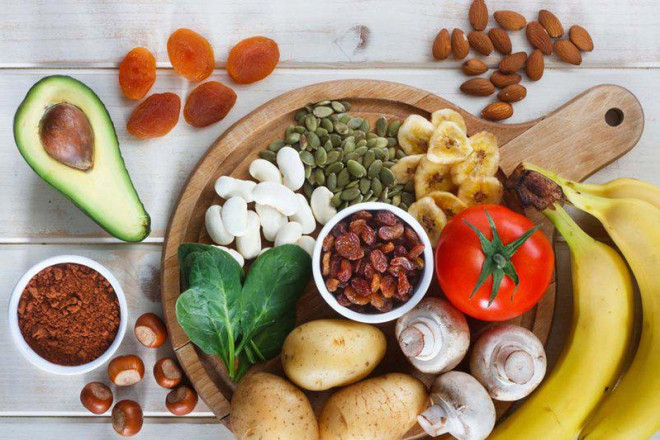
Foods rich in potassium should be limited.
2.3. Limit foods rich in phosphorus
Phosphorus is a mineral found in many foods that helps keep the body’s tissues, muscles, and other cells healthy. Phosphorus also works with calcium and vitamin D to keep bones strong.
Damaged kidneys are not able to filter more phosphorus in the blood. Too much phosphorus in the body can cause calcium to be removed from the bones, leading to weak bones, as well as calcium deposition in the blood vessels, lungs, eyes, and heart. Over time, this increases the risk of heart attack and stroke.
Phosphorus is found naturally in protein-rich foods such as: meat, poultry, fish, nuts, beans, and dairy products. Phosphorus from animal sources is more easily absorbed than from plant sources.
Foods rich in phosphorus include: chocolate, milk, cheese, yogurt, ice cream, organ meats, oysters, sardines, processed meats, bran, whole wheat bread, nuts, beans, beer, coca…
2.4. Control the amount of protein
When we eat foods with protein, the protein is broken down and digested. As part of protein digestion, waste is produced by the kidneys, which work to remove from the body. Eating more protein than needed can put extra pressure on your kidneys, especially if you have end-stage kidney disease, which makes it even harder for your kidneys to work.
Protein comes from both plant and animal sources. Animal protein sources include: red meat, poultry, fish, eggs and dairy foods. Plant-based sources of protein include: beans, legumes, nuts, seeds, soy foods, and whole grains.
If you have kidney disease and are not on dialysis, you may be advised to eat a lower protein diet. Research shows that limiting protein intake and eating more plant-based foods can help slow the progression of kidney disease and preserve kidney function.
However, if you are on dialysis, you will most likely need to increase your protein intake.
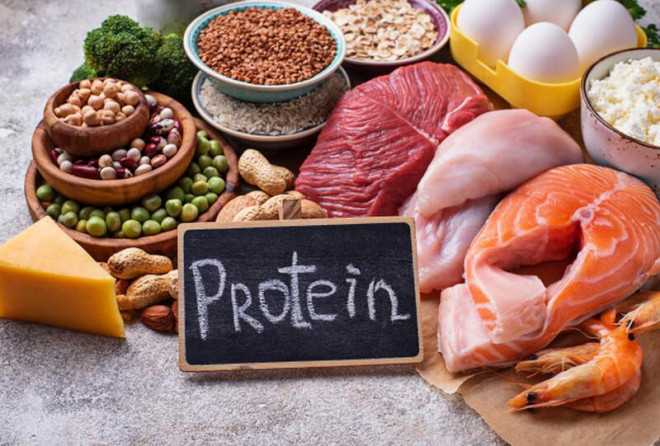
Control the amount of protein so as not to increase the pressure on the kidneys.
2.5. Limit fluids if you have severe kidney disease
Water is essential for the body. However, if you have severe kidney disease, you may need to limit your fluid intake each day. This is because damaged kidneys are not able to get rid of excess fluid as efficiently as they should.
Excess fluid buildup in the body can lead to high blood pressure, swelling (especially in the extremities like the feet, ankles, fingers, and hands), shortness of breath or shortness of breath, and heart failure. (heart doesn’t work to pump enough blood).
Like all nutrients in the kidney disease diet, the degree of water restriction will depend on the severity of the disease. People with stage 1 and 2 kidney disease usually do not need to limit their fluid intake and can be encouraged to drink enough water each day to keep their kidneys hydrated and working properly.
3. Some foods to eat
People with kidney disease should eat foods that are low in sodium, potassium, or phosphorus, such as:
– Fish
– Chicken
– Pork tenderloin
– Tofu
– Unsalted Popcorn
– Egg-white
– Apple
– Blueberry
– Grape
– Pineapple
– Raspberries
– Strawberry
– Cabbage
– Cauliflower
– Garlic
– Onion
– Bell pepper
– Radish
– Salad
– Olive oil…
4. Foods people with kidney disease should avoid
These foods that are high in sodium, potassium, and phosphorus may be recommended to limit or avoid in a kidney patient’s diet:
– Avocado
– Apricots
– Banana
– Melon
– Oranges
– Raisins
– Artichokes
– Spinach (cooked)
– Potato
– Tomato
– Brown rice
– Whole wheat bread
– Cereal bran
– Oat
– Most nuts
– Processed meat
– Pickles and olives
– Cookies, chips and crackers
– Bean
– Milk and other dairy products
Canned and highly processed foods contain added salt…
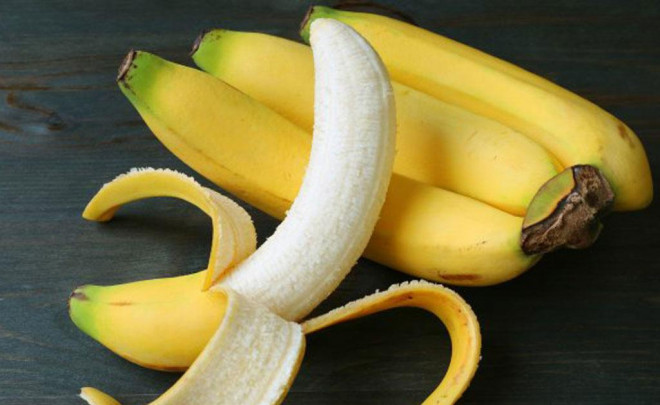
Bananas contain a lot of potassium which is not good for people with kidney disease.
In a nutshell, healthy kidneys work to filter excess fluid and waste out of our blood. In people with chronic kidney disease, the kidneys have impaired function and are unable to properly remove waste and excess fluid. This causes a buildup of fluid, waste and certain nutrients in the blood, which can lead to many serious health problems.
Nutrients that are advised to be limited in the diet of people with kidney disease include: sodium, potassium, phosphorus, protein, and fluids (if advanced kidney disease is present). Patients should follow dietary recommendations that will help maintain kidney function and prevent further kidney damage.
at Blogtuan.info – Source: 24h.com.vn – Read the original article here
